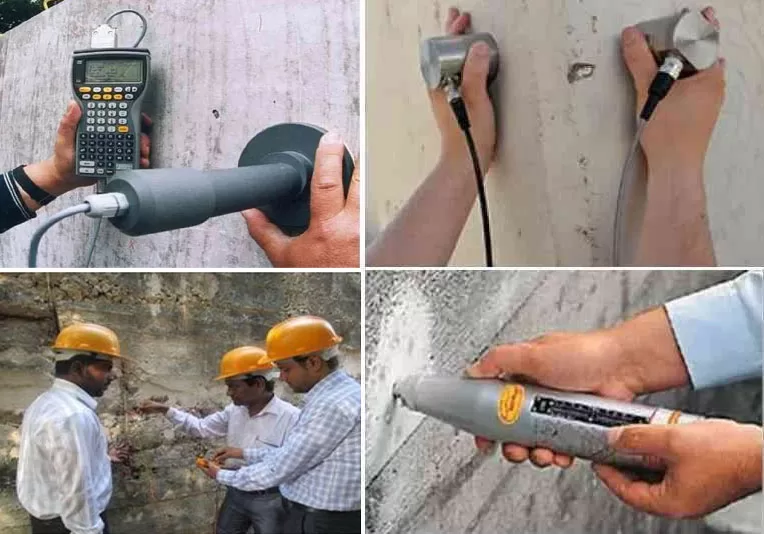Structural audits are essential to ensure the safety and integrity of structures over time. Material testing plays a crucial role in these audits by providing valuable information about the condition and performance of building materials.
– Non Destructive Test
– Rebound Hammer
– Ultrasound Pulse Velocity
– Half Cell Potentiometer
– Carbonation
– Pile Integrity Test
– Destructive Test (Concrete Core Test)

Key areas of structural audits:
Benefits of structural audits:
By conducting thorough structural audits, our customers can make informed decisions about maintenance, repairs, and renovations, ensuring the long-term safety and durability of their structures.
Reach out to us anytime with your requirement and we will be happy to help you with our world class construction testing, surveys and auditing services.
+91 (986) 9485799, +91 (986) 9339513

At SKG Consultants & Engineering Pvt. Ltd., we go beyond testing – we provide insights that empower your projects. Contact us today to experience the difference that expertise and commitment can make. Your success is our priority.
© 2024 SKG Consultants & Engineering Private Limited